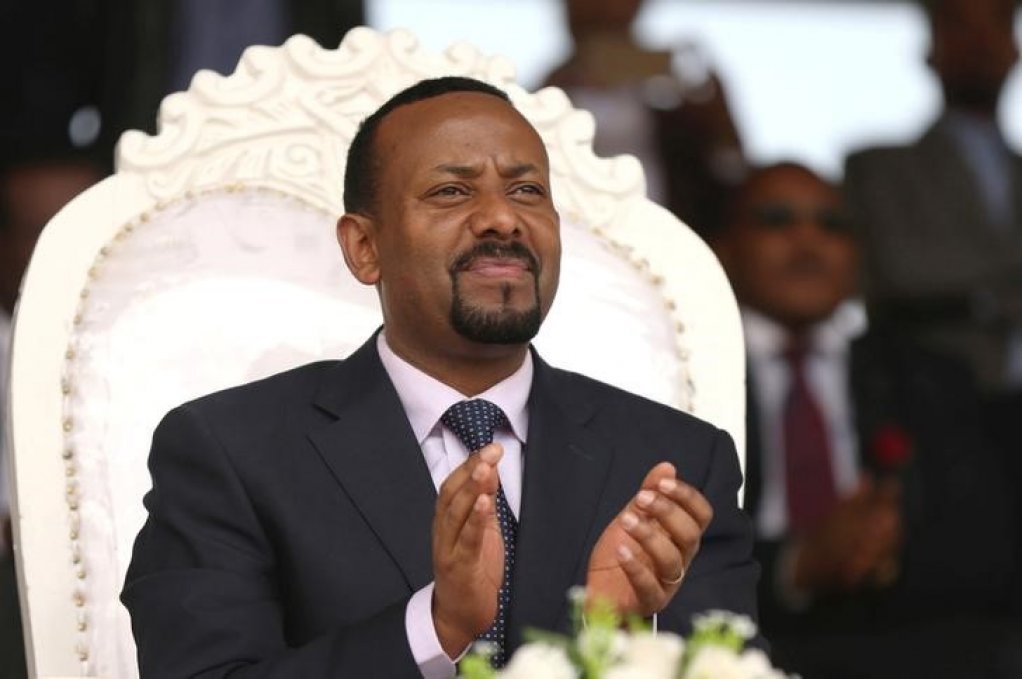Ethiopia’s prime minister has dealt with the aftermath of his military offensive in the country’s restive Tigray region, visiting the region’s capital for the first time and hosting talks with Sudan’s prime minister after tens of thousands civilians have fled to Ethiopia’s neighbour as a result of the conflict.
On Sunday, Ethiopian Prime Minister Abiy Ahmed made his way to the country’s Tigray region, specifically to the heart of the conflict – Tigray’s capital city of Mekelle – for the first time since he launched a military offensive targeting the regions ruling party, Tigray People’s Liberation Front (TPLF), after an Ethiopian National Defence Force (ENDF) base was attacked by the TPLF on November 4, according to tweets from Abiy and the office of the prime minister.
Abiy made the journey to Tigray with the region’s new provisional administration and stated telecommunications and electricity were being restored.
Tigray experienced an internet blackout following the military offensive and state of emergency declared in Tigray on November 4, according to the cybersecurity watchdog, Netblocks.
The company holding the monopoly on telecommunications in Ethiopia – making it possible to easily “switch off” the internet upon request in the East African country – Ethio Telecom, said it restored its services to parts of the region on December 2, according to the company.
Abiy further notes in his tweet that humanitarian aid has been provided for those in need due to the conflict, a need which has been widely reported and most recently by rights-group Amnesty International in their statement on December 11.
“The Ethiopian authorities must allow unfettered international humanitarian aid to reach refugee camps in Tigray state,” Amnesty International said in a statement on Monday, adding that the United Nations had warned of a potential food shortage in the region.
The NGO also noted the International Committee for the Red Cross (ICRC) call medical supplies on November 29.
“The influx of injured comes more than three weeks after supply chains were disrupted into Mekelle. We need to ensure that health workers have supplies and conditions they need to carry out their lifesaving work,” the head of operations at ICRC in Ethiopia, Maria Soledad, said according to the ICRC’s official website.
United Nations Office for the Co-ordination of Humanitarian Affairs (OCHA) highlighted that 50,000 Ethiopians fled to neighbouring Sudan as a result of the conflict, according to the organisation’s humanitarian update on December 7.
Both the prime minister of Sudan, Abdalla Hamdok, and Abiy tweeted about the diplomatic visit on Sunday.
“I look forward to having productive discussions on political, humanitarian and security matters of common concern that serve the future of peace, stability and prosperity for our two sisterly nations and the region,” Hamdok tweeted before the visit.
Abiy tweeted after the meeting that it was a “good discussion,” where both countries “reached an understanding on various issues”.
EMAIL THIS ARTICLE SAVE THIS ARTICLE ARTICLE ENQUIRY
To subscribe email subscriptions@creamermedia.co.za or click here
To advertise email advertising@creamermedia.co.za or click here











